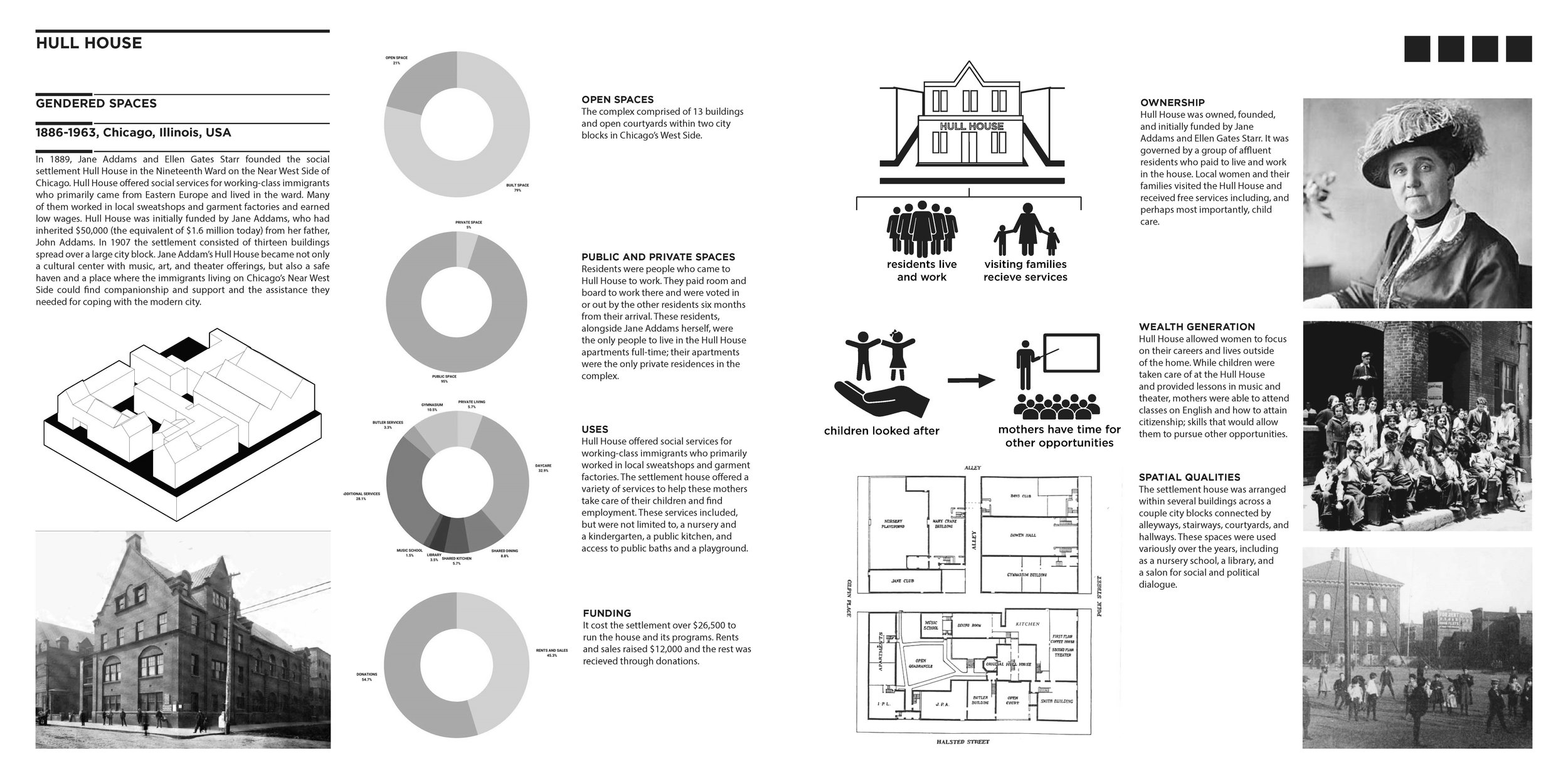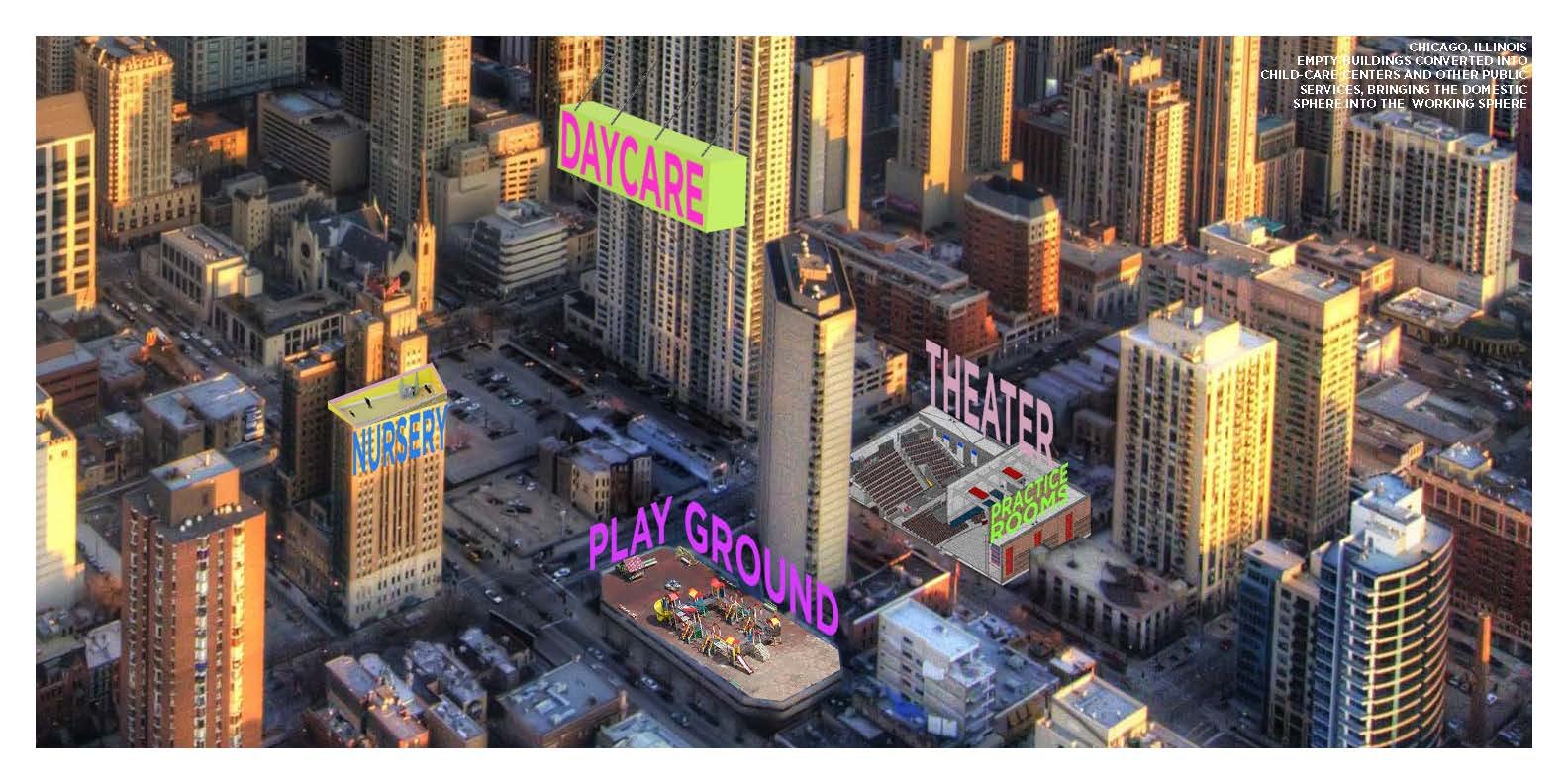



“Since Nobel Prize winner Elinor Ostrom redefined the importance of the Commons in economic sciences and marked the resurgence of political economy in the 1990’s, the strengthening of neoliberalism and globalization of production have chipped away social safety nets and welfare, leaving us with enormous wealth gaps and a great climate crisis. But alternative modes of economic and social operations have also multiplied around the world, reaching different scales and areas of action, to exemplify what the authors Gibson-Graham have called “diverse economies.”
Many of these experiments reject the notion of private property as the necessary force behind urban development. In showing creative ways to deal with the financial hurdles that often inhibit the path to ownership, or decent housing and standards of living,these projects also point to much needed structural change that question the socio-spatial ecosystems underlying the environmental issues we need to address today.”
Anna Dietzsch, ARCH 3308|6308|4408|6408 SPACES OF ALTERITY:(co)LIVING
The following research explores two such examples of alternative methods of ownership and land distribution:
The Hull House (1886) and the Women’s Community Revitalization Project (1986) specifically prioritize gender oriented spaces and places.